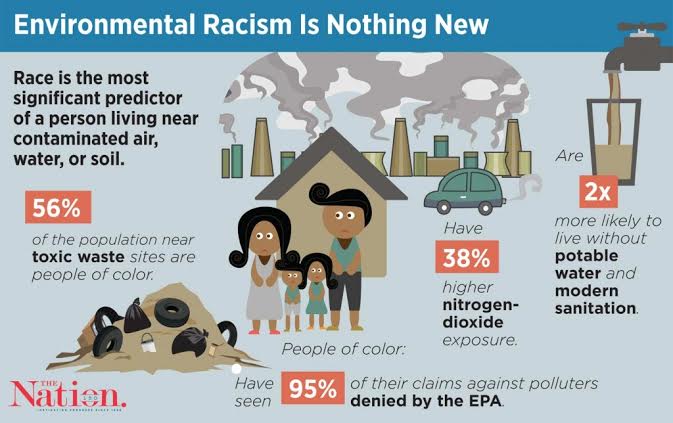Infographic by Tracy Loeffelholz Dunn / The Nation. Shutterstock images from Lorelyn Medina, Agusto Cabral
The Clean Power Plan, and transitioning to a clean energy economy more broadly, are creating immense opportunities for community engagement in helping shape our states’ energy futures. Environmental justice champion, Rev. Leo Woodberry is focusing on bringing people together to find common ground in acting on climate change.
Rev. Woodberry considers climate action a matter of justice since the impacts of fossil fuel pollution fall disproportionately upon people of color and low-income communities, and impacted communities have often been historically excluded from the policy-making that encourages dirty energy pollution. In addition, Rev. Woodberry considers climate action a moral imperative, particularly for people of faith who believe in the responsibility for the stewardship of creation. Meanwhile, taking action on climate change and dirty energy poses huge opportunities for economic development and public health improvement. Many families that are struggling to pay the rent would benefit greatly from new clean energy job opportunities, such as installing solar panels and energy efficiency upgrades, while children and the elderly who currently suffer from cardiovascular and respiratory health problems would find their health improved as more polluting fossil fuel plants are retired.
To this end, Rev. Woodberry and his congregation, Kingdom Living Temple, will host a Creating a Climate for Change Conference on June 9 in Florence, SC, which will bring together stakeholders from throughout the Southeast and around the nation to share best practices, processes and models on community engagement with the Clean Power Plan, renewables, energy efficiency, environmental justice, and equity.
Churches and religious institutions are encouraged to attend and discuss the moral responsibility to promote environmental justice and ensure protection of vulnerable people and communities. In the evening, following the conference, people of faith are invited to join Kingdom Living Temple for a worship service, titled “Lord, I’ve Been Changed,” which will focus on the theme of the changing climate, changing earth, and the need for individuals to change, too.
Through these events, Rev. Woodberry hopes to help get communities more involved in environmental policy making and the economic and public health opportunities offered by the clean energy economy, so that all segments of society will benefit.

